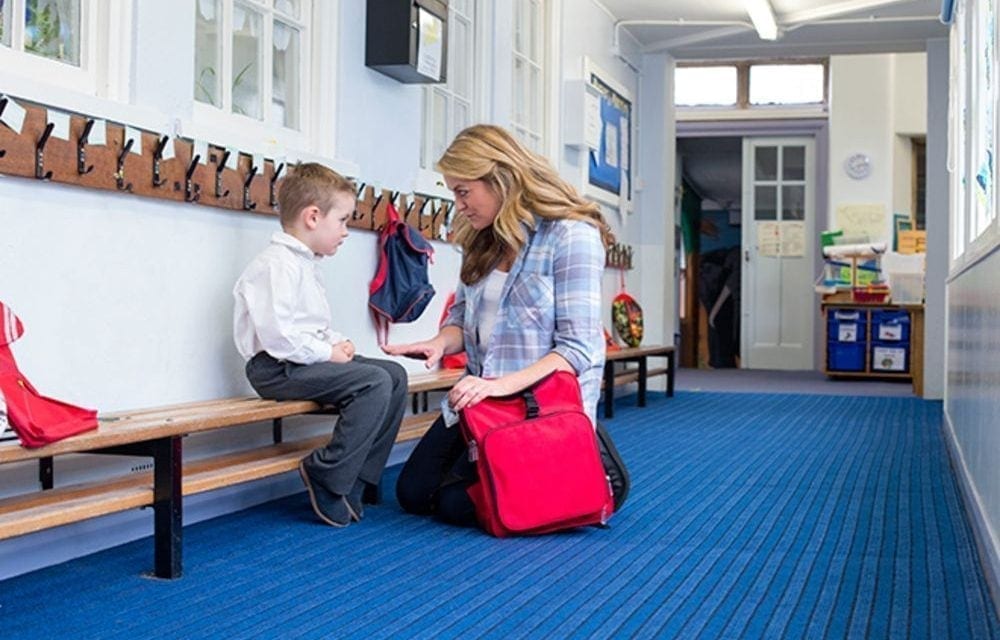Studies suggest that parental negative reactions to common displays of frustration or anger by children can actually make these displays — whining, attitude, etc — more common. On the other hand, supportive reactions, while very important during major emotional events, do not seem to have much impact on minor emotional displays. This suggests that sometimes the best reaction is to do nothing. While this can be hard when your kid is playing on your last nerve, in the long term it can help them develop their own emotional regulation skills.
Key Takeaways:
- Ratifies suggest reacting negatively to minor outbursts of negative emotion from your kids may make them more prone to these kinds of outbursts.
- On the other hand, reacting positively or reassuringly is good for important, meaningful displays of negative emotion, but is not helpful for minor, quotidian ones.
- Ignoring your child’s occasional outbursts of negative emotion may be the best option, and may even help them hone their emotional self-control.
“These little emotionally charged moments aren’t a huge dispute, and they don’t mean that your child doesn’t respect you. It’s just a brief second where your child’s negative emotions just got a little ahead of them.”














